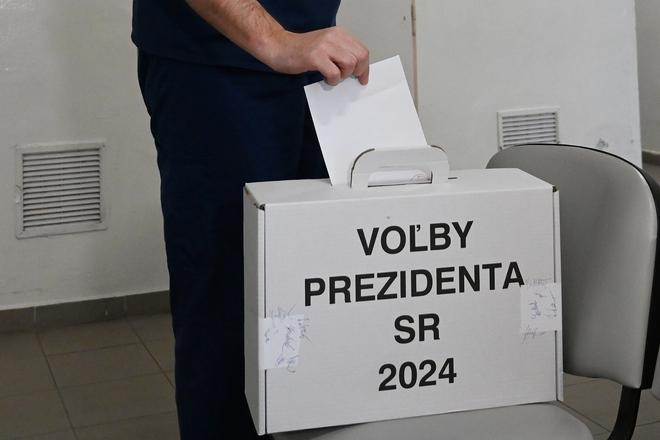Since Slovak voters are not allowed to vote by post in the presidential election, those living abroad had to return and do so in person. Their passport and an affidavit confirming that they live permanently in another country should have been enough to allow them to vote.
However, upon arriving to the polling stations, many faced unexpected problems, reports Denník N daily.
While in some cases Slovaks living abroad just showed their passport and the affidavit, the commission registering them in the electoral roll, others were not so lucky. The commission tried to verify their documents on the order of the Interior Ministry, leading to long delays of up to several hours.
According to election law expert Marek Domin, there is no law requiring this approach and the commissions should have not done it.
There is no electronic register that can confirm whether one has permanent residence in Slovakia. The only way to do so is to call the Population Register in Banská Bystrica. Since commissions all over the country called this one place on Saturday, the line was busy and thus had no idea when and if they could get the information.
Private TV Markíza reporter Martina Töröková said on social media that it usually took between 20 to 45 minutes to call the register.
The expert says the goal was to prevent electoral fraud so that a person would not vote twice; once using their ID card and then with their passport.
According to Eduard Burda, chair of the State Commission for Elections, there were people who actually tried this even though they had permanent residence in Slovakia. The current guidelines stem from the situation in the 2014 presidential election when several voters managed to vote twice. Burda also said that the lines are going to be strengthened ahead of the second round on April 6, states TASR newswire.
In August 2022, the Eduard Heger government wanted to allow vote by post. At the time, the government approved and proposed an amendment to parliament. But in the end the amendment and other required changes did not pass.


 The first round of the 2024 presidential election was held on Saturday. (source: TASR)
The first round of the 2024 presidential election was held on Saturday. (source: TASR)